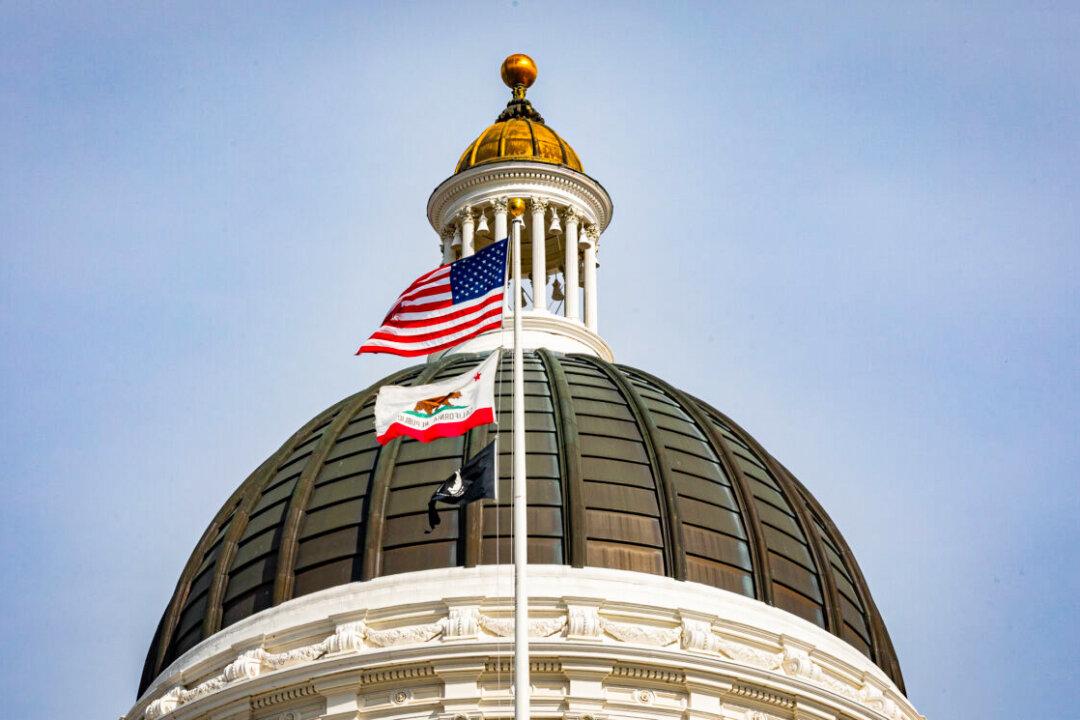Officials in California will soon have to avoid voting on items in which their campaign donors have financial interests.
Senate Bill 1439, signed into law by Gov. Gavin Newsom last week, will take effect Jan. 1, 2023.

Officials in California will soon have to avoid voting on items in which their campaign donors have financial interests.